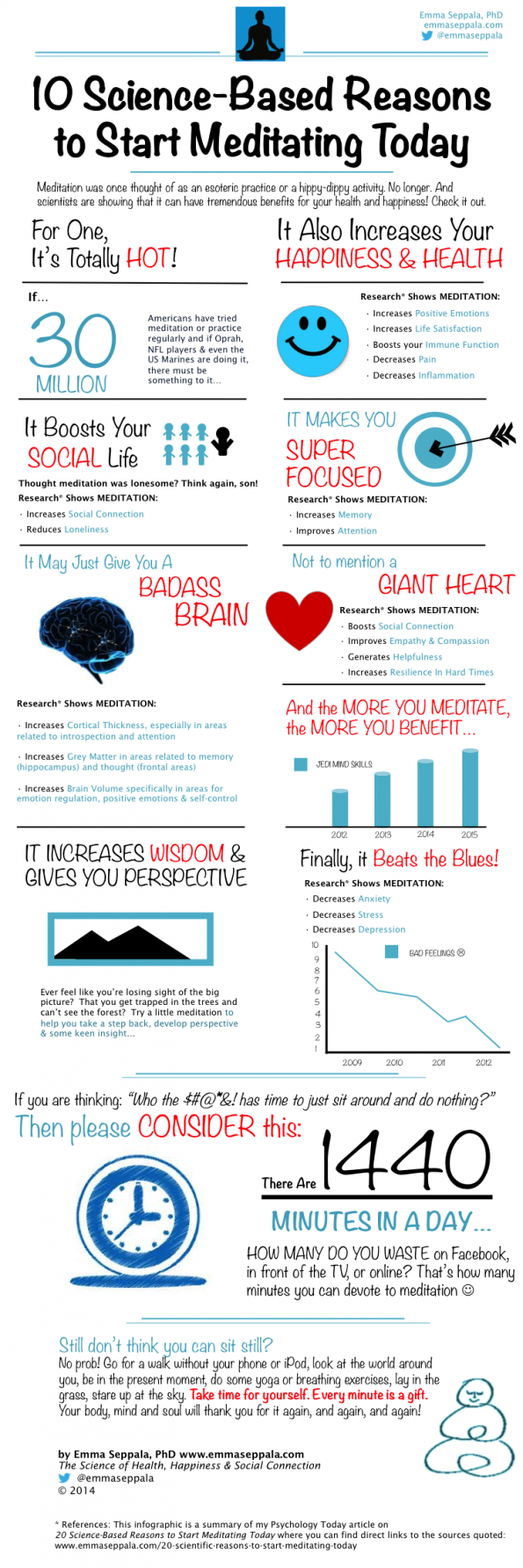Mindfulness for those that can’t meditate
Meditation and mindfulness are ancient practices that modern science is catching up with. It feels like every month there is a new study proving the benefits that the ancient mystics knew. I find meditation hard. I have also found a way to get some of the benefits through alternative approaches.
The big draw to meditation for me is the ability to quieten my racing mind. My mind naturally jumps from topic to topic which creates difficulty in focusing and sleeping. My bullet journal practice helps but I still feel I could do better with mindfulness practices.
Attempts in meditation
My first attempt at mindfulness was a guided meditation as part of a weight loss programme. High levels of stress hormone and poor sleep are guaranteed to undermine attempts to lose weight. I spent the ten minutes wondering if it would still work if I listened at double speed like I do with podcasts. I doubt this is an effective approach.
I have tried the smartphone app called Headspace. This offers bite-sized meditations with the aim of gradually teaching you how to meditate. For some reason, it was a habit I continually failed to establish.
Yoga offered some success on the meditation front. At the end of the class, there is usually 5 or 10 minutes of guided breathing. I attend yoga sessions mostly to work on my mobility and flexibility. It would be rude to leave part way through, so social pressure helps me. At the end of a session I always feel wonderful. Which makes it more puzzling that I can’t find 10 minutes a day to establish this practice.
Sports to the rescue
I have long enjoyed cycling for its ability to help me relax and get fit at the same time. I often get those in the shower type brainwaves while on the bike. I occasionally remember them when I get back too :-). Cycling offers my brain the chance to process things and is a break from continually absorbing new input.
Rock climbing and scuba diving take this to a whole new level. I don’t get those eureka moments when climbing or diving. I am present in that moment just focusing on what I need to do and where my buddy is.
When I am diving inside a wreck with shafts of light penetrating holes and my buddy beside me it is like there is nothing else in the world that matters. There is no internet and no phones. We dive closed circuit so there are not even any bubbles.
Underwater is a hostile environment, inside a wreck even more so. Monitoring your buddy, your depth, your time, and your gas are not cognitively demanding. However, thinking about something else and neglecting these can be fatal. So I just enjoy the moment.
I am not sure what draws me to diving the most. The excitement of diving wrecks that no one else has seen since they sunk or that blissful feeling of simply being present in the moment.
The science of meditation
I resisted the temptation to include a load of science links for the power of meditation. The book presence has plenty of footnotes that I could have chosen from. Instead, I’ll leave you with this infographic reproduced with permission.

Benefits of Meditation by Emma Seppala original source.

